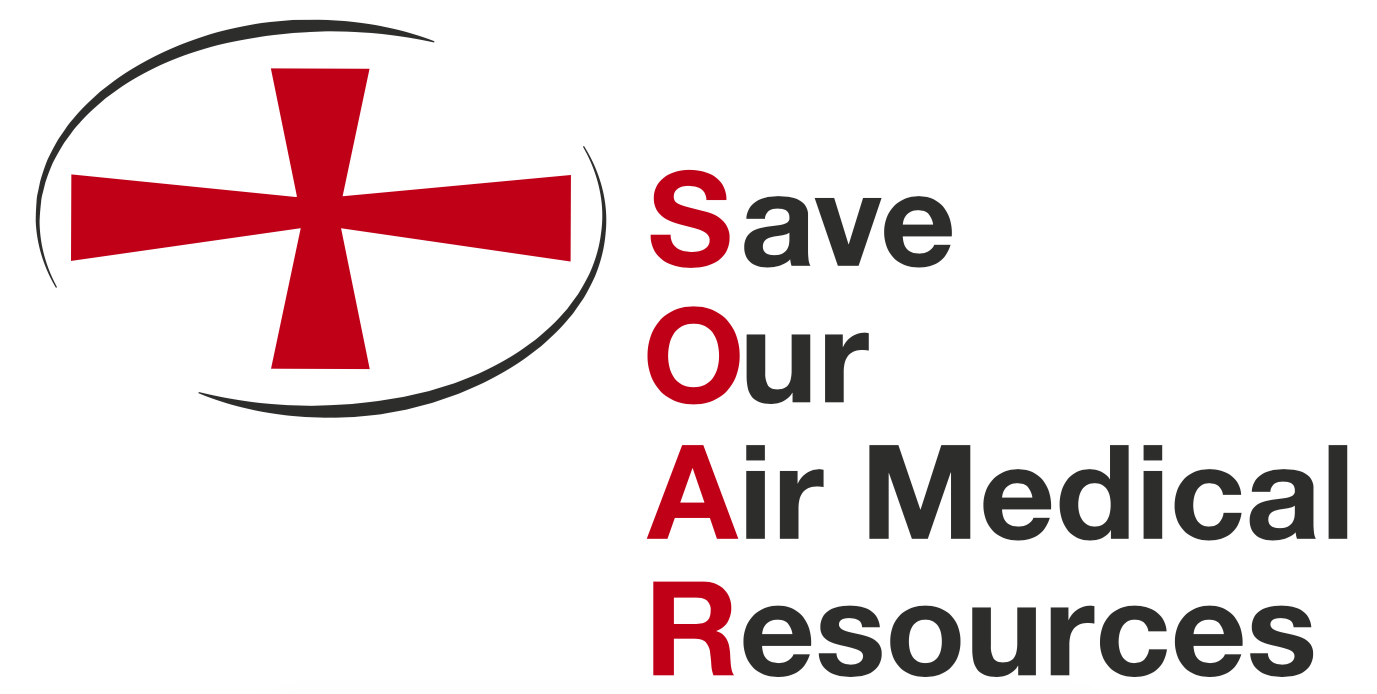The Government Accountability (GAO) report issued Wednesday (3/21) confirms what the SOAR Campaign has been saying for some time – that the majority of patients covered by private insurance (two-thirds according to the GAO data) are out-of-network and therefore at financial risk of receiving a balance bill. Air medical providers are committed to going in network – and aggressively work to do so – but some private insurers refuse to even negotiate.
Even though the GAO found that only one in five Americans flown by air medical have private insurance and the number of large balance bills they receive is quite small, air ambulance providers never want to see a patient with a bill they didn’t’ expect or can’t afford. That’s why they have patient advocates who work side-by-side with the patient to navigate the insurance appeals process and, in many cases, discount the final bill.
The report also found that 60 percent of new air bases are in rural areas, where hospitals, and specialty services like maternity and emergency care, are closing at alarming rates. In those areas, air medical is filling the gap by transporting patients to the nearest, most appropriate health care facility. This is critical for patient outcomes in an emergency.
The solution to balance bills is twofold.
First, Congress must pass legislation that would require the collection of data for the air medical industry so that Medicare reimbursement rates can be updated to reflect the actual cost of care. Because 70 percent of patients flown by air are covered by Medicare, Medicaid or have no insurance, and rates haven’t been updated in almost 20 years, this is an important step toward preserving access to these life-saving services.
Second, private insurers must do right by patients by going in-network with air medical providers. The fact is emergency air medical transport can be covered by private insurance for a small increase in premium. A Montana legislative study found that for only $1.70 a month more in premium, air ambulance services would be covered. A similar study in Kentucky estimated that the increase would be between $0.92 and $3.69 per person per month.
We are grateful that the GAO has focused its attention on the role that private insurers play, and we look forward to working with members of Congress and private insurers to find solutions that get to the root of the problem, to take patients out of the middle.

